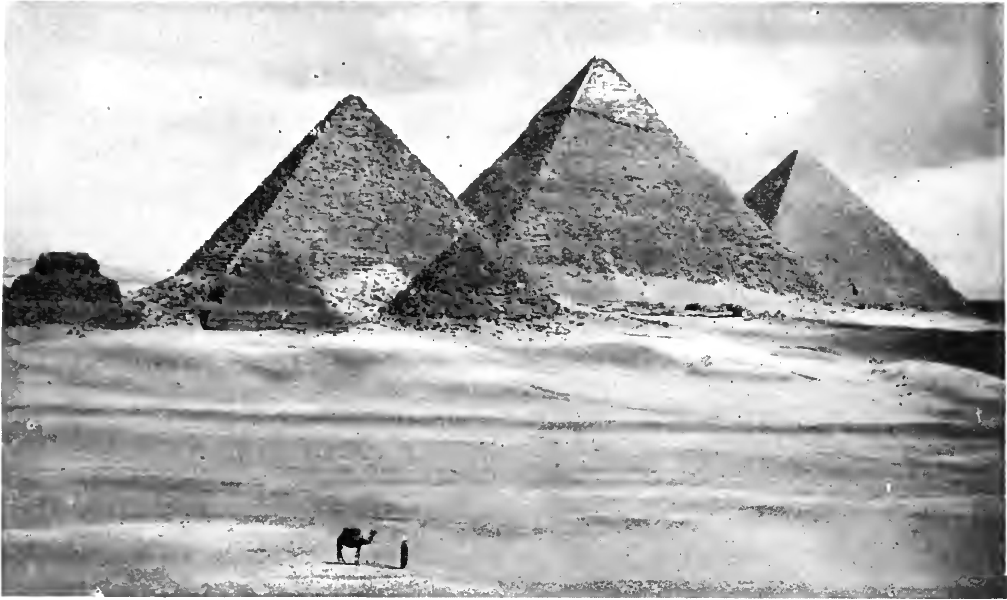<![CDATA[The process of mankind’s transition from hunter gatherers to the earliest forms of society and politics is shrouded in mystery. How did we move from small independent communities living in free isolation to the despotic rule of the Pharaohs in Ancient Egypt? What made humans gather together into societies and give up so much of their previous freedom? A group of scientists from the University of Lausanne in Switzerland have tried to explain this transition into societies with stratified class systems, clear hierarchies and leaders. They have taken the unusual approach of using a computer simulation to try and model the human actions that led to these developments. Changes started about 10,000 years ago, during the Stone Age. At this point in history the first evidence of agriculture can be seen, as it developed into humans’ main source of food. Consequently humanity also became less nomadic, as people started to remain in the same area for longer periods of time and the first larger settlements started to form. A variety of explanations exist for this development and often causes can become muddled with consequences. The formation of language is considered a key step, but it is hard to tell if this came before, or as a result of increased interaction. Just recently, a study of human skulls has argued that hormonal changes were the key event. As testosterone levels lowered, humanity became more social and drawn towards collaboration. These initial simple and egalitarian societies are of course a long way from the hierarchical despotisms of the likes of Ancient Egypt. Egyptian society bestowed God like adoration on its Pharaoh’s. They lived lives completely detached from the majority of their people, surrounded by the trappings of extreme affluence. The University of Lausanne study offers an explanation for this dramatic change. Simon Powers, one of the study’s authors, filled his computer model with individuals with preferences either for hierarchy or egalitarianism. A key basic rule for the model society was the more resources an individual had, the more children they were likely to have. The simulations suggested that over time some societies would voluntarily gain a leader- this was usually because the followers would receive an advantage from having a leader (for example greater food producing capacity). This key equation is at the heart of the eventual rise of despots. In the simulation, as population density grows, people are more inclined to follow a leader as there is less alternative land available. The benefits of following a strong leader, such as more food, also make them have more children, increasing population density and thus further fuelling the need for a leader. According to the simulation, despots come to power when the costs of leaving the group become too high. For example, in Ancient Egypt, it was harder to leave the early Pharaoh dominated societies centred around the Nile, as the only alternative was a dangerous nomadic existence wandering the desert. The simulation almost suggests a form of social contract. People remain in a hierarchal society because the benefits outweigh the dangers of leaving. When the dangers of leaving are very high, it is easier for a despot to reach greater excesses. A similar pattern can be viewed in ancient sites in Peru. Multiple societies formed in the country’s long agricultural valleys. Leaving one of these valleys would have required a daunting trek across the region’s mountains. Therefore states were formed because dissatisfied citizens would have found it to difficult to leave. On the other hand, societies in the Amazonian basin remain reasonably egalitarian, even after the rise of agriculture. The land there is so fertile and vast, that there is little need for hierarchy. Any societies that do create leaders have little danger of descending into despotism. If a leader started acting in an unpopular way, his citizens would simply relocate. The computer model is of course only that. It provides just one possible explanation, but undoubtedly it sheds some interesting light on mankind’s gradual progress from simple hunter gatherer to the spectacular societies of the ancient world.]]>
From Hunter Gatherers to Despots
